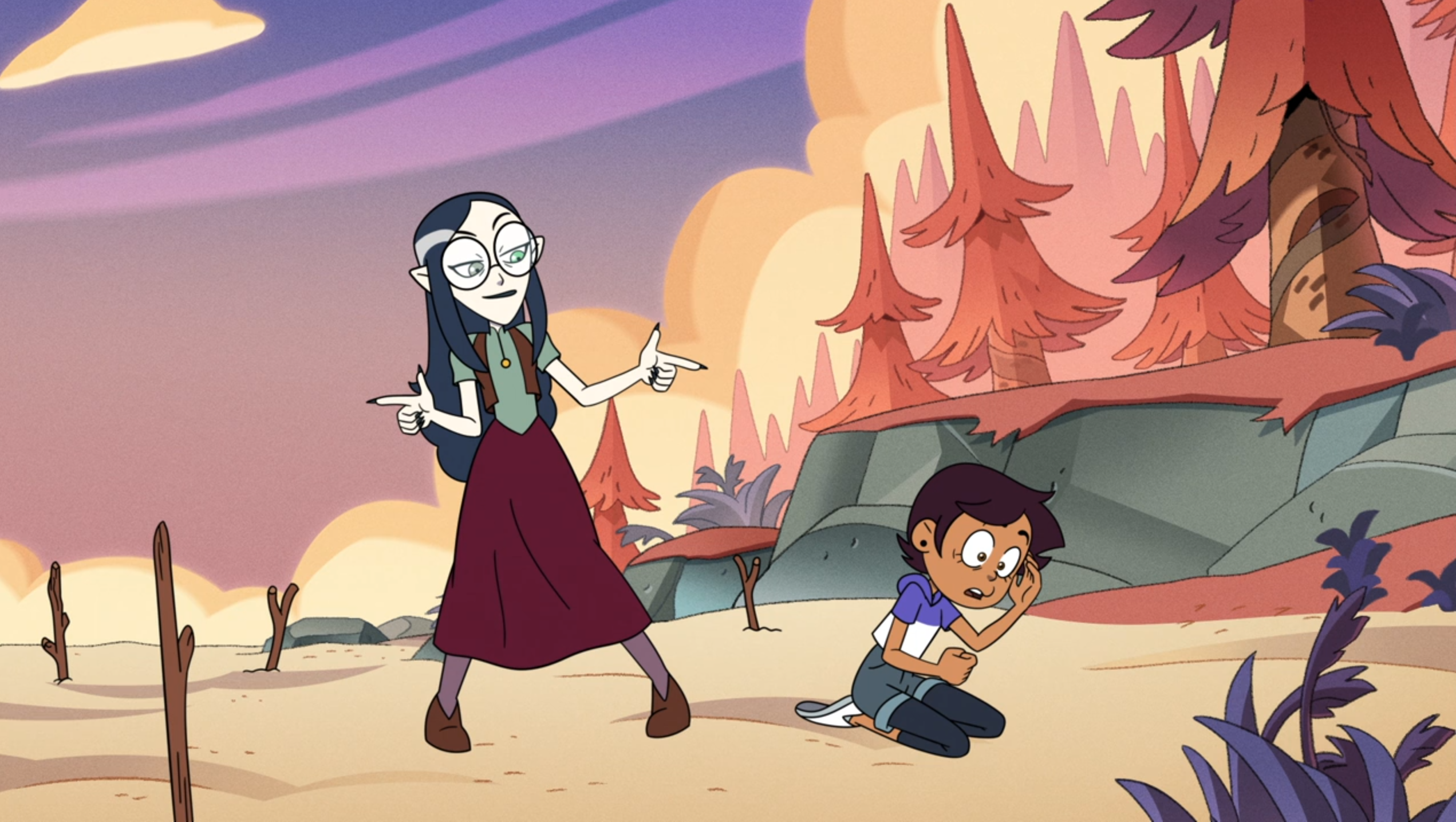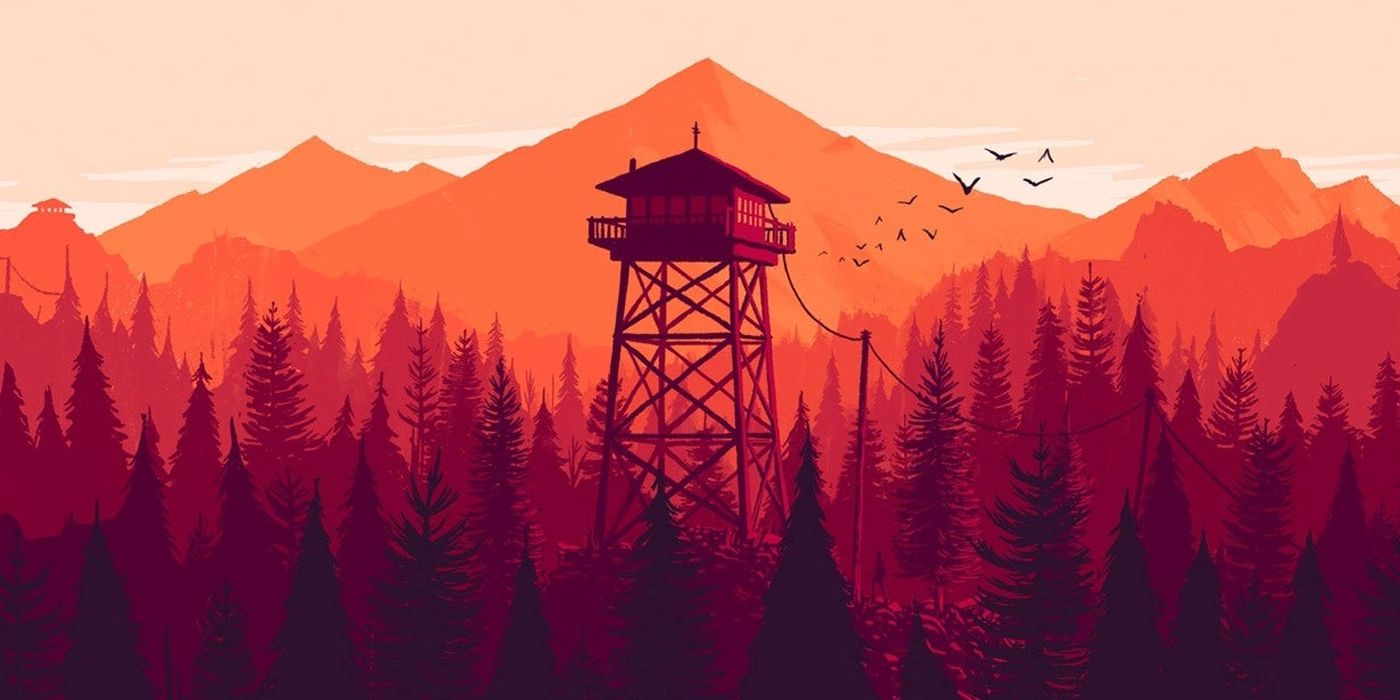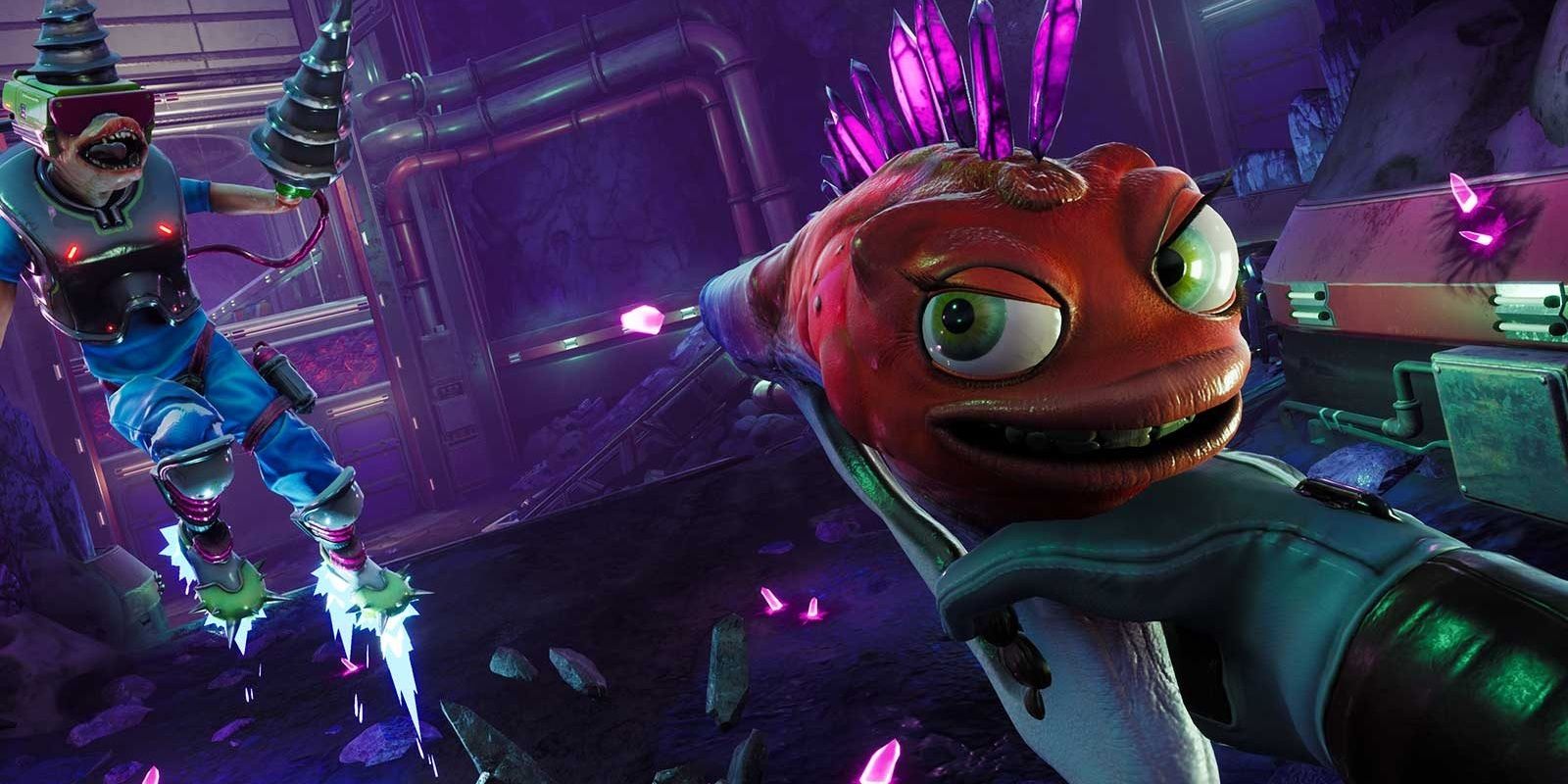Unlike the passing trends of NFTs and ill-fated cryptocurrencies, I fear artificial intelligence as a tool for generating art, voice, and other creative ideas will become more commonplace as we move forward. Past months have seen it finally pierce the public consciousness, with millions turning themselves into anime characters through TikTok effects or uploading selfies to random programs to see themselves in the style of their favourite illustrators.
Except all this is done through computers, your data uploaded to a program that steals work and techniques from human beings before throwing out a poor pastiche it tries to pass off as legitimate. It’s unethical, gross, and I can’t believe so many of us are treating it with such complacency. Before we know it, all the media we love will walk the same path, and that’s a future I’m neither prepared for nor ready to accept.
I hate to sound like I’m predicting the apocalypse or like everything is already screwed, but as someone who frequents the fields of games and animation so readily, there is no other way to view it. Friends in both industries rely on their voice talents and artistic abilities to make a living, and to see us celebrate technology that actively works against them is disgusting.
We are detached enough to view it as little more than entertainment, a fun gimmick rather than seeing it as feeding into a wider, much more nefarious landscape. Right now at least, AI used in games, film, and television remains relatively minute, with the only high profile examples being Justin Roiland’s High on Life. Even there, the game was heavily criticised in the press for taking shortcuts and acting as if AI is the key to creativity, instead of a corner-cutting, cost-saving measure that bypasses creativity entirely. Imagine if I went to Starbucks, ordered a coffee, drank it, and suddenly started patting myself on the back for making such an amazing drink. That’s the use of AI in art - a creditless, thankless, and soulless alternative to the real thing that certain individuals would like to ride into battle.
Would-be pioneers like to describe AI as key to a future where processes are automated, and existing creators can use it to make their lives easier, while still ensuring their own vision remains at the forefront. I can understand the thinking of it, but it becomes clouded when AI can only grow by pilfering from said people in the first place. It is inherently cannibalistic by nature, only persevering because programs like Midjourney and Staple Diffusion can draw from an archive of existing human work. We’ve reached the point where art competitions and professional portfolios are rigged with fake additions, while some individuals are losing work and prestige because their style happens to match hallmarks we’ve come to view with derision. There is no winning here, only muddier waters and an industry doomed to become saturated with further dishonesty and capitalism.
It can be easy to forget that behind all the art we consume sits a human being, a talent, a performance holding it all together. Discounting that value is precisely what led us here in the first place. This subject came up when I spoke to Sarah Nicole-Robles and Cissy Jones last year, actors known for their work across animation and games. Jones used to be quite active on TikTok given her role as Lilith Clawthorne in The Owl House, but upon seeing her voice replicated in random clips made by fans she pulled away, believing it not worth the risk given how it might take away from her career.
“It was great, but then somebody started running my voice through an AI generator to say things I would never say, and that spooked me,” Jones tells me. “I’m not comfortable with it. I know AI is coming, and we will need to figure out a way to work with it. But it’s one thing to create your own art, animation, illustrations, and things like that, but to take my voice and make it say something I would never say, that hurt me. That really hurt me.”
Its implementation is becoming common enough that many of those making use of it likely don’t realise the impact it has. “I don’t think it’s intentionally malicious,” Robles adds. “People don’t understand that our voices are proprietary. Her voice is her art. My voice is my art, and I know it comes from a place of excitement and love, but now I have to be careful what I use my voice for because I want it to be stuff I’m proud of. I want to have control over it.”
Robles makes a direct comparison to the piracy of music and streaming services and how it has hurt artists in a different industry, where once again, it often comes from a place of light ignorance under the guise of support. Jones talks about the AI replacement for Mark Hamill in recent Star Wars projects, which for another actor could have been cast in a potentially career-defining role. Instead Disney and Lucasfilm opted for a digital replacement, one that fans were quick to pick up on and criticise.
“It’s insulting,” Roble says. “The computer ain’t got a soul. It doesn’t have the background of life, so it’s always going to be parakeeting, the best case scenario will have it mimicking our human emotions. Viewers and fans are perceptive though, and they can tell the difference between a great performance and not-so-great performance, and so can [actors]. When it hits you, it really hits you, and I don’t think it can do that. Technology is incredible, and there are times and places for all these things, but we need to be ethically conscious and aware of the ramifications.”
The aspect of this discussion that hits me most is how powerless actors, artists, and creators are to stop this advancement. AI won’t be used by fledgling talents on the ground floor, but corporations who wish to save money and automate processes regardless of the final result, knowing it will hurt those beneath them.
“It falls on us to educate, although that opens up another can of worms,” Jones says. “I don’t want to be a whiner, but the other thing is that because you’re on a cartoon show everyone assumes you’re a millionaire. I got news for ya - that ain’t true. This voice right here is how I make my entire income, and for an AI bot to potentially steal that away from me is scary.”




